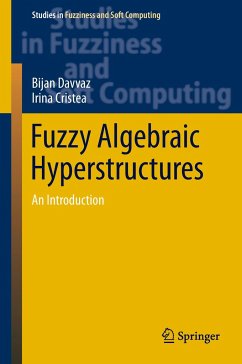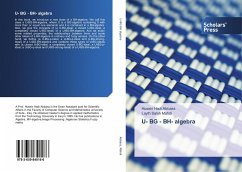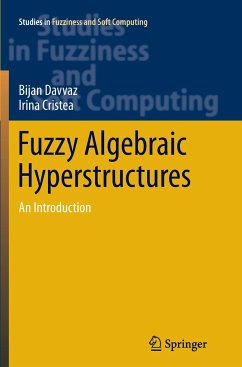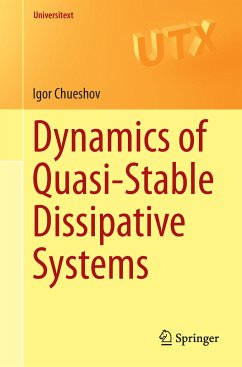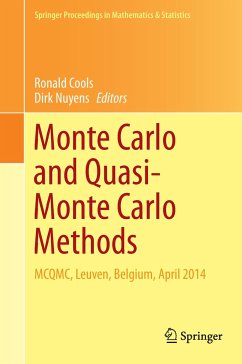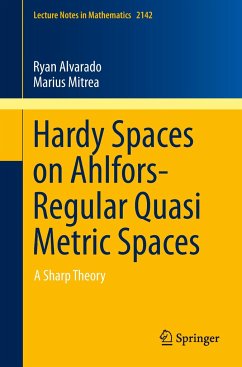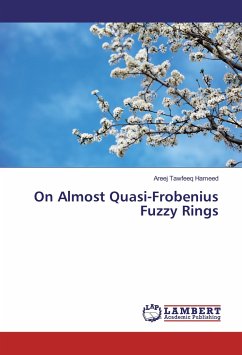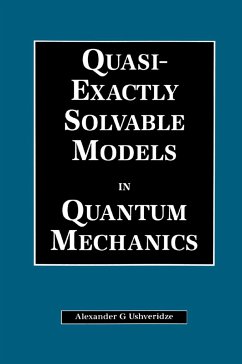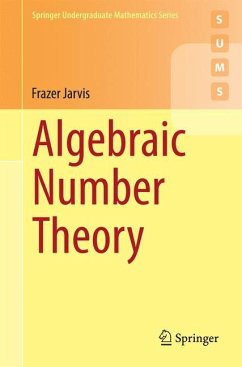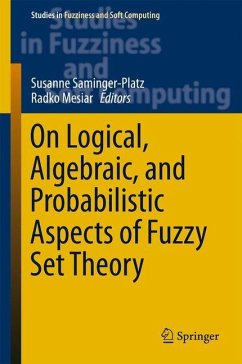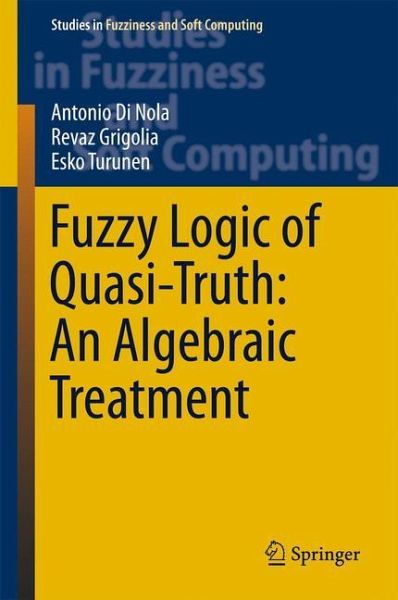
Fuzzy Logic of Quasi-Truth: An Algebraic Treatment
Versandkostenfrei!
Versandfertig in 6-10 Tagen
76,99 €
inkl. MwSt.
Weitere Ausgaben:

PAYBACK Punkte
38 °P sammeln!
This book presents the first algebraic treatment of quasi-truth fuzzy logic and covers the algebraic foundations of many-valued logic. It offers a comprehensive account of basic techniques and reports on important results showing the pivotal role played by perfect many-valued algebras (MV-algebras). It is well known that the first-order predicate Lukasiewicz logic is not complete with respect to the canonical set of truth values. However, it is complete with respect to all linearly ordered MV -algebras. As there are no simple linearly ordered MV-algebras in this case, infinitesimal elements of...
This book presents the first algebraic treatment of quasi-truth fuzzy logic and covers the algebraic foundations of many-valued logic. It offers a comprehensive account of basic techniques and reports on important results showing the pivotal role played by perfect many-valued algebras (MV-algebras). It is well known that the first-order predicate Lukasiewicz logic is not complete with respect to the canonical set of truth values. However, it is complete with respect to all linearly ordered MV -algebras. As there are no simple linearly ordered MV-algebras in this case, infinitesimal elements of an MV-algebra are allowed to be truth values. The book presents perfect algebras as an interesting subclass of local MV-algebras and provides readers with the necessary knowledge and tools for formalizing the fuzzy concept of quasi true and quasi false. All basic concepts are introduced in detail to promote a better understanding of the more complex ones. It is an advanced and inspiring reference-guide for graduate students and researchers in the field of non-classical many-valued logics.





